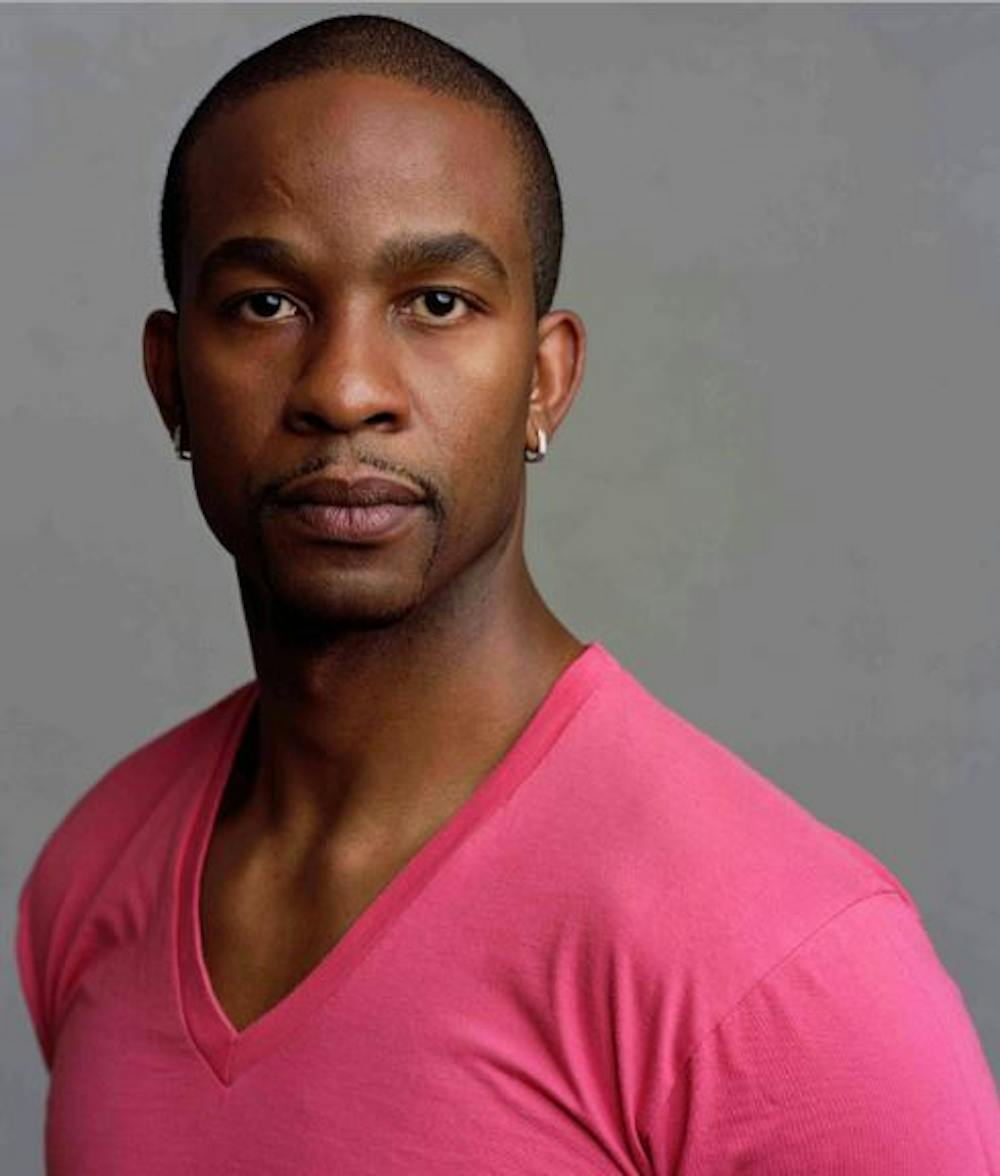On Tuesday evening, former National Football League (NFL) cornerback Wade Davis received snaps and laughs from a packed Mead Chapel audience as he honestly — and often humorously — spoke about his difficult journey from closeted gay man to LBGTQ activist.
Davis, who invited students to view his lecture as a “conversation” and to participate or interrupt at any time, described himself as a “weird kid who was tough on the outside and a big time Momma’s boy on the inside” growing up. He bravely and honestly recounted his own homophobic actions as he worked to accept his homosexuality as a middle schooler, college student and professional football player.
“I spent so much time trying to prove to everyone who I was,” Davis remembered of his efforts to convince his friends and teammates that he was straight, before he came out of the closet.
In 2012, Davis publicly announced his homosexuality, becoming the first athlete in the NFL to do so. He spoke about his experiences of being a closeted gay man in the NFL. Today, Davis is the executive director for the You Can Play Project, an advocacy organization that seeks to eliminate homophobia in professional sports and encourage LBGTQ youths to participate in sports.
Athletic teams, who made up a large portion of the audience, were encouraged to attend by varsity coaches and Athletic Director Erin Quinn. They received specific advice from Davis to help gay athletes feel welcome: have coaches promote the rhetoric of respect for all people and have teammates consistently combat derogatory language about homosexuals.
Interested in the intersection of racism, sexism and homophobia, Davis more broadly suggested, “We all need to buy in to ending all kinds of oppression. (…) What I advocate for is to see everyone’s humanity.”
He urged students to “act like an ally” for people in need in the state of Vermont by providing support, listening and setting aside preconceived assumptions.
“Give that smarts out; offer it to another person in your life,” he exhorted students. “Why are you going to school if not to change the world?”
Davis Puts Fresh Spin on Masculinity in Sports

Comments


